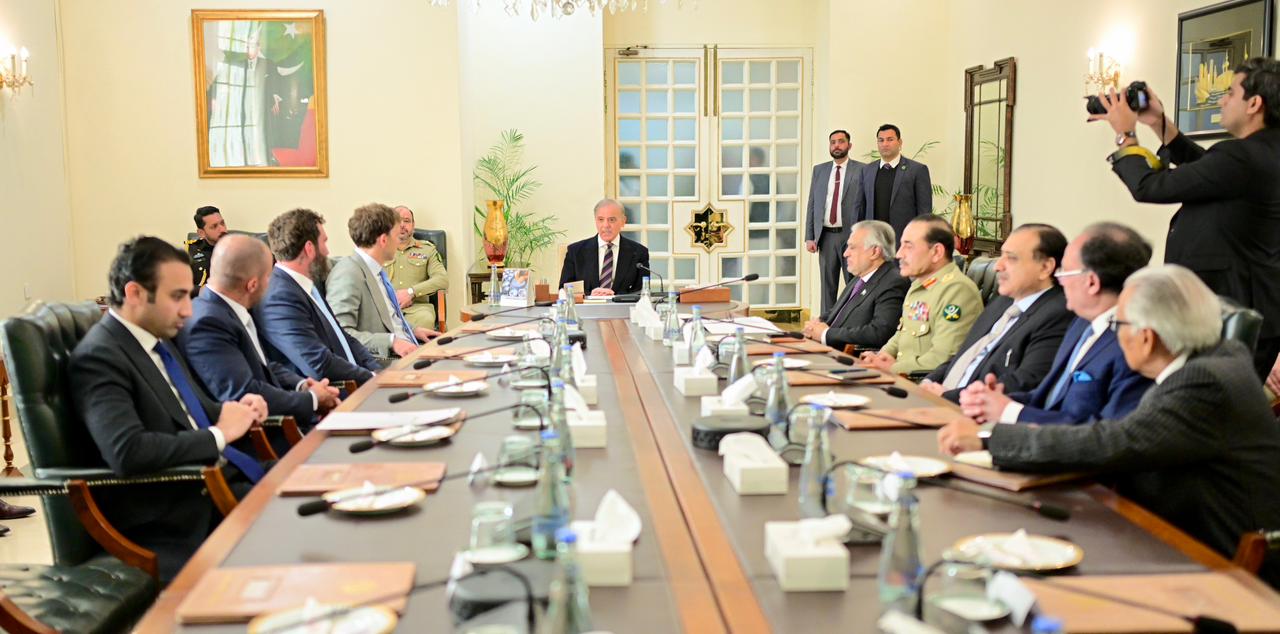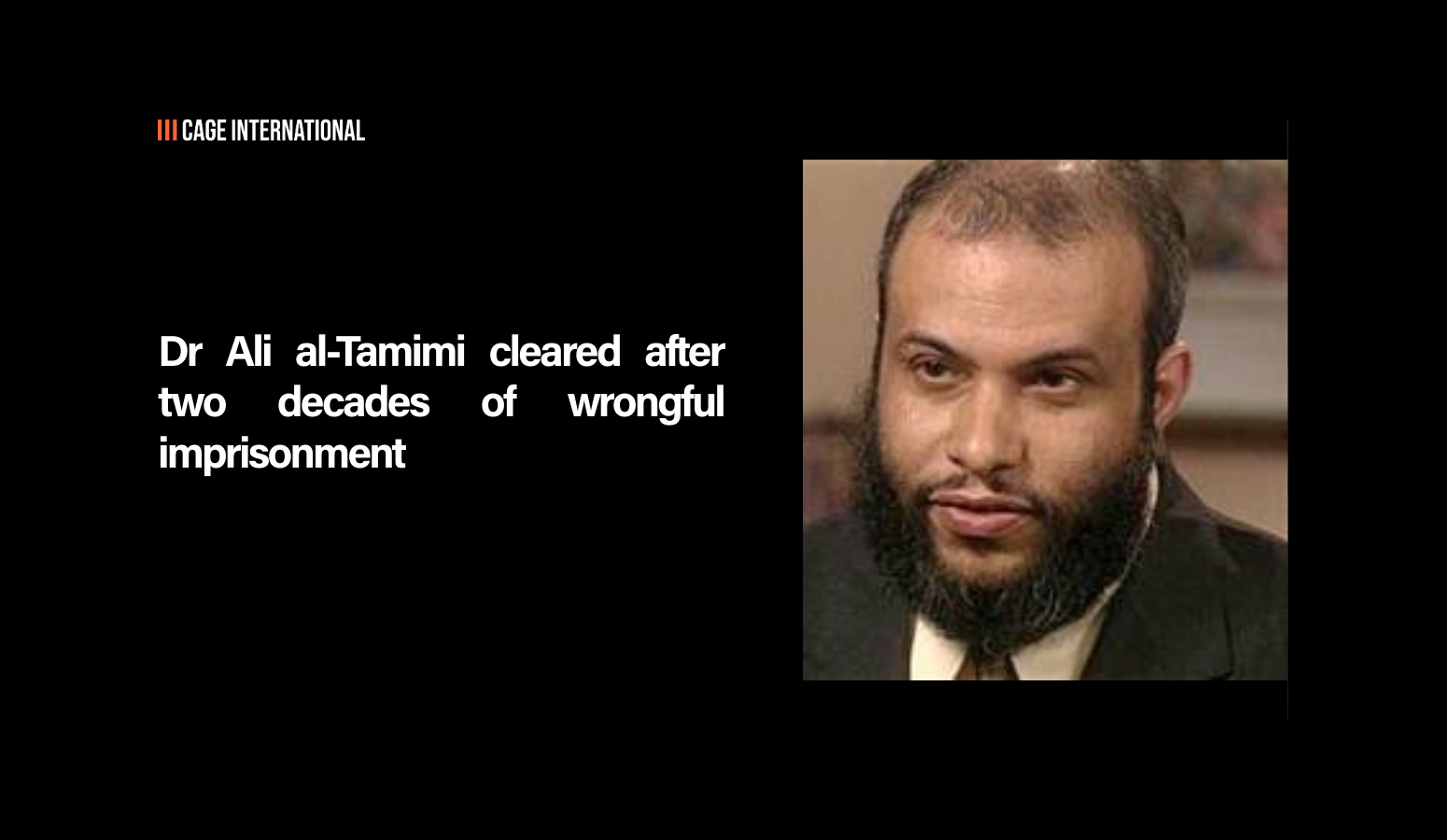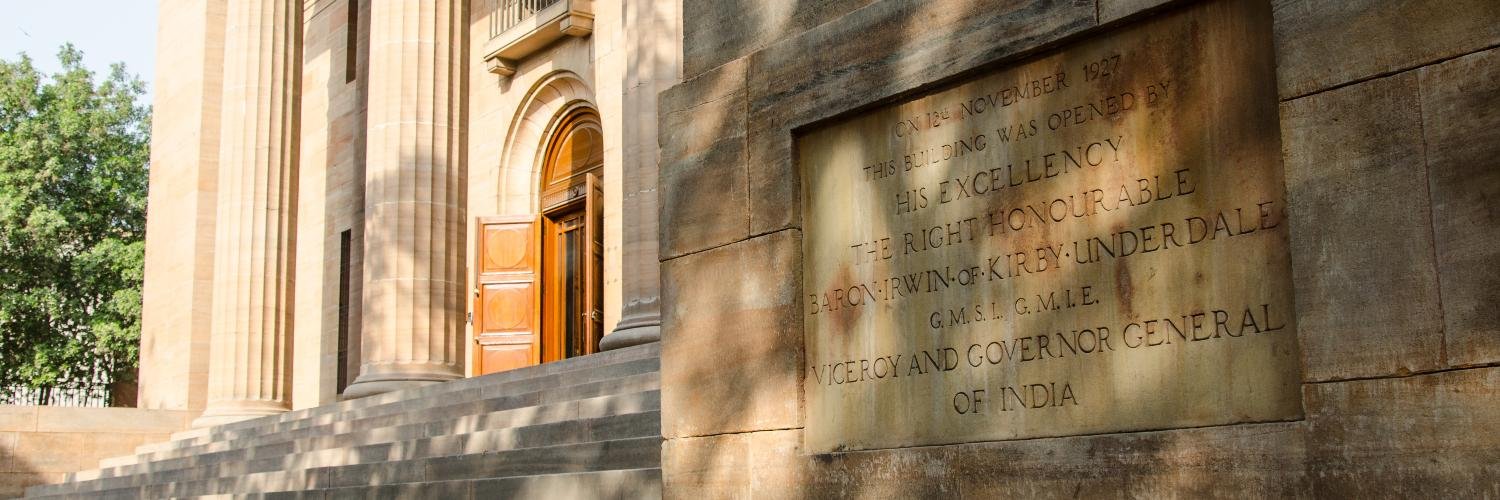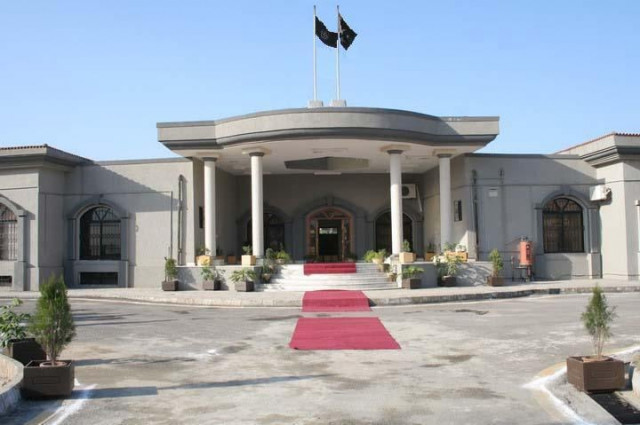– Advertisement –
– Advertisement –
– Advertisement –
ISLAMABAD, Jan 14 (APP): Prime Minister Muhammad Shehbaz Sharif, Wednesday, said that the rapidly growing pace of digital payments and financial innovation were essential parts of…

– Advertisement –
– Advertisement –
– Advertisement –
ISLAMABAD, Jan 14 (APP): Prime Minister Muhammad Shehbaz Sharif, Wednesday, said that the rapidly growing pace of digital payments and financial innovation were essential parts of…

Washington DC – After 15 years of imprisonment and five years of house arrest, a US appellate court has finally overturned the conviction of Islamic scholar and cancer researcher, Dr Ali al-Tamimi.
For two decades, al-Tamimi was wrongfully…

Web Desk
KARACHI: Pakistan will need a staggering US$565.7 billion in investment to achieve its Nationally Determined Contributions (NDC) 3.0…
PRESS RELEASE
ISSI Delegation Undertakes Study Visit to National Radio Telecommunication Corporation (NRTC)

Islamabad, 13 January 2026 — The Institute of Strategic Studies Islamabad (ISSI) undertook an official study visit to the…
Responding to media queries, regarding the Indian National Security Advisor’s remarks on “avenging history”, the Spokesperson of the Ministry of Foreign Affairs Mr. Tahir Andrabi stated the following:
“We have seen…

Islamabad High Court Justice Mohsin Akhtar Kayani on Wednesday…